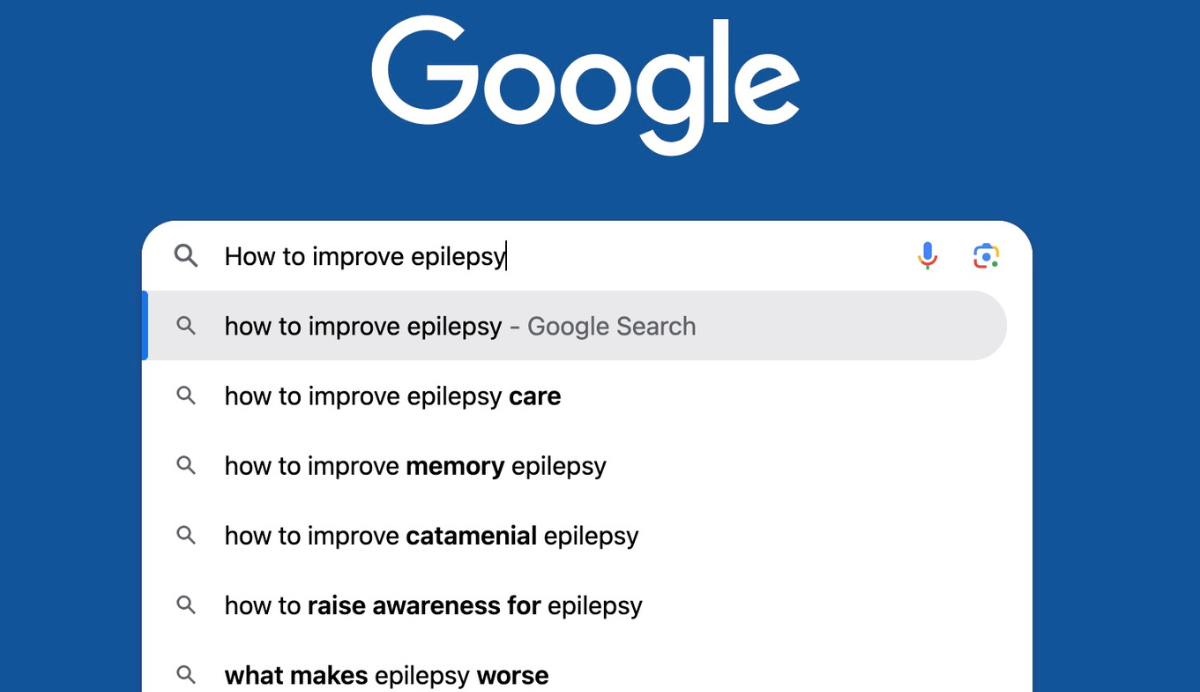Luke volunteered for the AEP as part of our study’s control group to assist our researchers to fast-track precision diagnostic tools and treatment options to aid seizure management for people living with epilepsy.
What is your understanding of the benefits the AEP can provide to a participant (someone living with epilepsy)?
Volunteering as part of the study's control group provides data to establish a baseline for research, like a placebo, helping to compare the study's treatments and outcomes and their efficacy. This aids in fast-tracking treatments from research and discovery to the implementation in the care plans for epilepsy patients.
What would you say the benefit of volunteering for the AEP is?
As someone with no medical training and a VERY rudimentary understanding of the brain, volunteering just a few hours with the AEP allowed me to provide world-leading experts at the forefront of research with a crucial tool to develop treatments and solutions. While the outcomes of my neuropsychology assessment and MRI are now just one small part of a much larger data set, it is nice to know that I've been able to contribute in a valuable and impactful way to the lives of those living with epilepsy.
How did you find the testing and information provided? Anything surprising/interesting in either the neuropsychology tests or MRI scan?
Sitting down for the neuropsychology assessment, I wasn't sure exactly what to expect. Having never done a test like it before, I was expecting something akin to an academic test; it was very different. While some of the tasks did start to become challenging, the examiner and I shared a few laughs. Overall, it was much more pleasant than taking an academic test.
The MRI was daunting only from the door. I was initially concerned about feeling claustrophobic, but once I was in the scanner and watching David Attenborough, I was at ease. Doing some research before my scan and understanding what was causing the noises I was hearing also helped with the process. The team who performed my scan guided me through every step of the scan and reassured me throughout.
What would you say to encourage others to sign up as Control Group participants?
Volunteering as part of the study's control group is a unique opportunity to contribute to advancing epilepsy research. Your role in providing crucial data to fast-track diagnostic and treatment tools is incredibly easy, and it only takes a few hours of your time. With very little effort on your behalf, you can help benefit the everyday lives of those living with epilepsy. If I had the choice to volunteer over again, I would, without question.


Ask an Epilepsy Expert: What can I do to help my condition?

Ask an Epilepsy Expert: How is epilepsy diagnosed?


